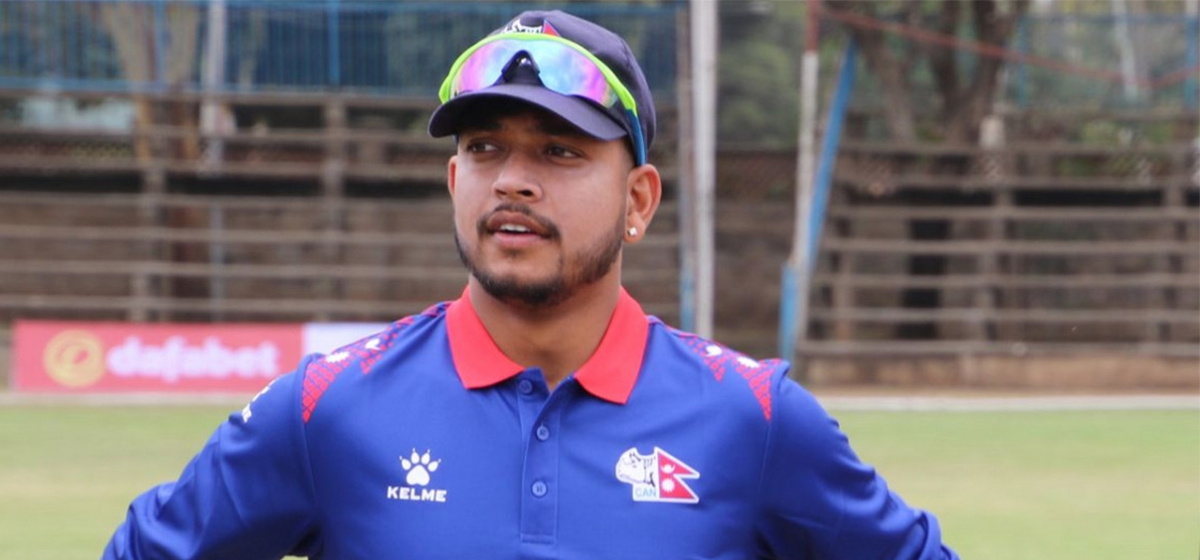KATHMANDU, Jan 26: Minister for Health and Population Pradeep Paudel has made hearing test and screening for newborns mandatory by approving the Newborn Hearing Screening Directive 2081 BS. The new law requires maternity hospitals to test for any hearing issues immediately after the birth of a child.
Minister Paudel believes that timely treatment can reduce hearing problems in children and has approved the directive for hearing tests for newborns at all reproductive centers across the country, reads a statement issued by his secretariat.
"Based on the advice of experts that timely treatment can largely prevent congenital hearing disabilities in children, we have decided to make hearing tests mandatory through the directive," the statement quoted Minister Paudel as saying.
According to the ministry's spokesperson, Prakash Budhathoki, all hospitals and health institutions providing maternity services must now conduct initial hearing tests for newborns as per the directive.
WHO rolls out universal newborn screening implementation guidan...

"Health workers must conduct hearing tests of newborns and if they receive any information related to hearing issues from the parents they must refer the child to a nearby health institution with ENT and audiology services for further check-up,” Budhathoki said.
The directive also requires conducting the hearing test within 12 to 24 hours of birth or during the first follow-up visit.
The directive has instructed hospitals to make arrangements for testing and treatment of children who cannot receive care at the initial testing site through ENT hospitals equipped with advanced OAE ( Otoacoustic emission) equipment. The ministry is also advancing plans to expand testing equipment at specialized hospitals.
The ministry's data shows that 1.8 out of every 1,000 newborns in Nepal are born with congenital hearing impairment.
The 2021 census found that 3,000 children under the age of five had hearing impairments. However, studies have shown that 60 percent of childhood deafness can be prevented.
Based on the studies, the ministry's spokesperson Budhathoki explained that the directive was issued to ensure quality newborn screening across the country. This will make it possible to identify and provide timely treatment for as many children as possible, while also maintaining consistency in the process.
Previously, although some hospitals conducted such tests, not all institutions providing reproductive services performed basic tests. Experts believe that providing treatment within a year can restore hearing in children.





























-1200x560-1771928761.webp)









